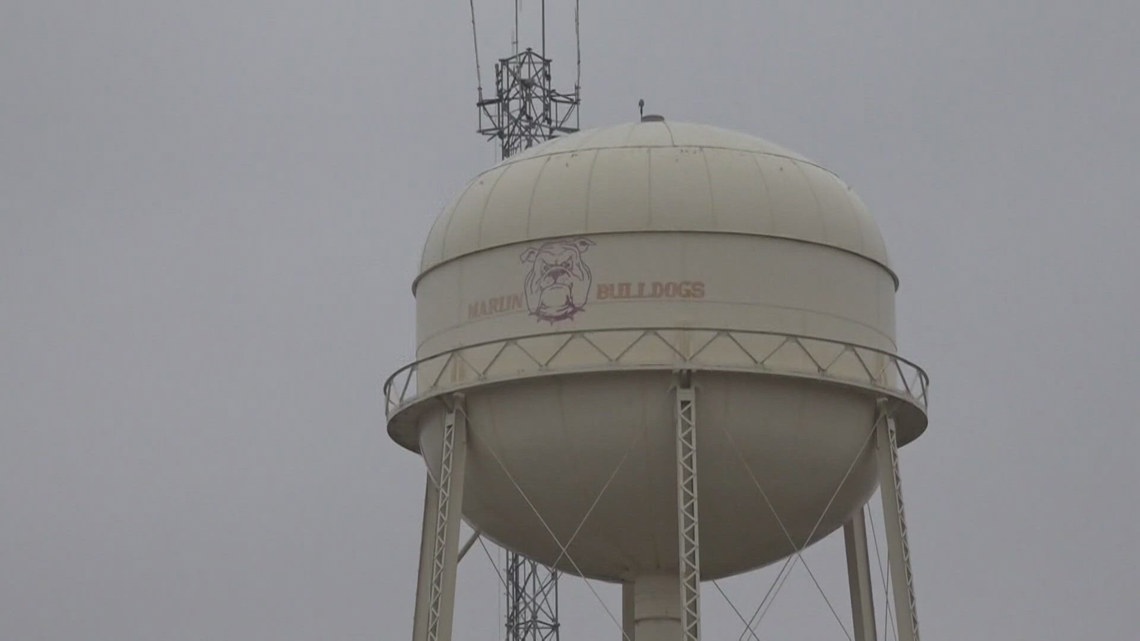
A new Texas law mandates regular water quality tests in prisons and jails to address concerns of contamination.
MARLIN, Texas — A new state law aims to improve water quality in Texas prisons and county jails, following long-standing concerns raised by inmates and their families.
Senate Bill 1929, which went into effect Sept. 1, requires the Texas Commission on Environmental Quality (TCEQ) to conduct regular tap tests at Texas Department of Criminal Justice (TDCJ) facilities and county jails. The tests check for lead, copper and arsenic in drinking water.
If water samples exceed safe levels, facilities must stop using the outlet until follow-up tests confirm the water is safe again. The legislation also directs TCEQ, in consultation with TDCJ and county officials, to adopt rules on safe drinking water standards that align with federal law.
In addition to the new law, the William P. Hobby Unit in Marlin and the Memorial Unit in Rosharon are the two prisons set to benefit from $37 million in state funding for water system improvements.
Crystal Gamble, whose daughter is incarcerated at the Hobby Unit, said her loved one has dealt with unsafe water since arriving months ago.
“When she takes a shower, she tries not to get the water in her mouth because it’s dirty and contaminated. She’s gotten sick from it,” Gamble said.
Gamble said her daughter and other inmates have experienced diarrhea, stomach cramping and fatigue after drinking the water. She added that inmates often rely on limited supplies of bottled water or coolers of melted ice.
“Some of the girls get really bad stomach aches. My daughter said it feels worse than having the flu,” Gamble told 6 News.
Gamble described the water as brown, smelly and sometimes gritty. Clothes washed in it, she said, are left dingy and stained.
“They have to bathe in it, brush their teeth in it and eat food cooked in it,” Gamble told 6 News. “You don’t treat an animal that way.”
The TDCJ told 6 News there are currently no water issues at the Hobby Unit, but said bottled water and water tankers are available if problems arise.
Still, Gamble remains skeptical that the new law and state funding will bring immediate change.
“I’ll believe it when my daughter tells me she has clean water,” she said. “But I pray they finally do something. Nobody should be forced to live like this.”
The bill’s supporters say it is a step toward ensuring safe, clean drinking water for inmates, staff and visitors in Texas prisons and jails.
